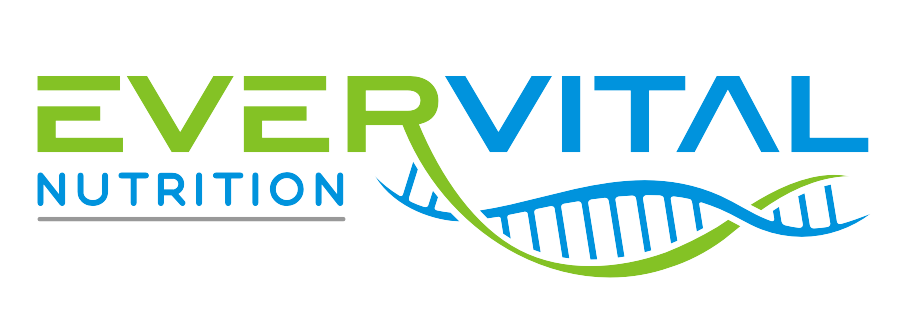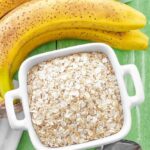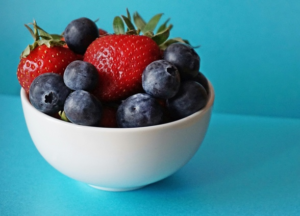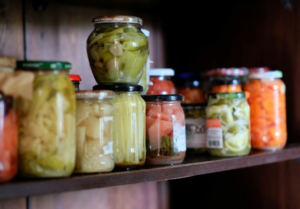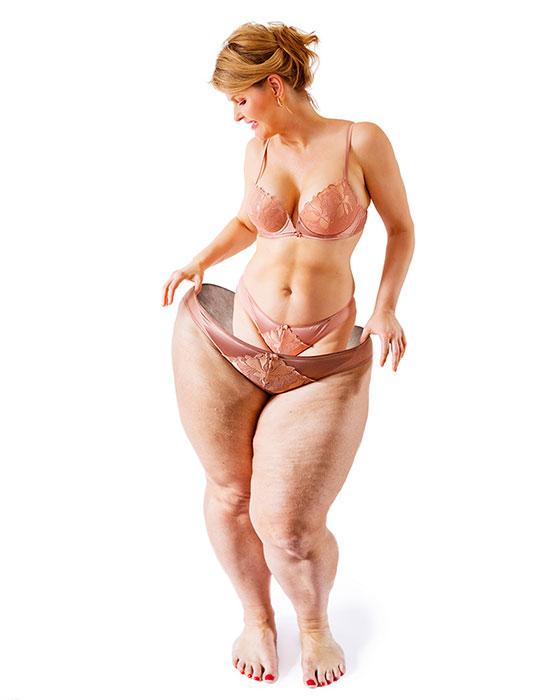
In a human weighing an average of 150 pounds, there are about 40 trillion bacterial cells, but only 30 trillion human cells. Yep, we’re made up mostly of bugs. Most of these bugs, aka bacteria, live in your digestive system, specifically in your large intestine.
These bacteria work together to help you digest food, produce vitamins, keep out the bad guys like parasites, and, they also play another important role — helping you manage your weight. But how are gut health and weight related?
Good and Bad Bacteria: How They Help with the Digestion Process
Your gut bacteria come into contact with the food you eat (and also medicines you swallow!), so they affect how you digest it and how you store energy in your body. This, in turn, can make a difference in your weight.
When you eat, the gut bacteria break down the food into pieces, and only the small pieces get absorbed into our blood while the rest get eliminated as waste. The bottom line is not all of the food we eat provides calories.
If you have more of the bacteria in your digestive system that can break foods down into smaller pieces, your body absorbs more of the nutrients and calories, potentially leading to weight gain. However, more nutrients absorbed also mean you experience fewer cravings.
Balance is also key. If your gut bacteria are not balanced, harmful bacteria can slow down the function of your small intestine, leading to the absorption of more calories per bite. You read that right, eating the same exact diet as perfect-gut you, and more calories are absorbed. Yikes! That’s the opposite of what you want if you’re looking to sport that bikini anytime soon.
Your gut bacteria can help digest antioxidants called flavonoids, which you find mainly in fruits, vegetables, and other plant-based foods. These can help you prevent weight gain. They can also affect how your intestines absorb dietary fats, potentially influencing how your body stores fat and, therefore, helping you lose weight.
It Matters Which Gut Bacteria Are Missing Too
In addition to too many harmful opportunistic bacteria affecting your weight, it also matters which bacteria are missing in action. Akkermansia muciniphila is one microbe that is closely tied to weight. If it’s not present in your gut microbiome, you will have a very difficult time losing weight, despite eating a healthy diet and working out like a fiend.
Akkermansia colonizes the mucin layer of your gut, and in the constant feasting on this mucus, it produces more mucus, which helps keep other beneficial bacteria happily fed. The mechanisms of exactly how Akkermansia helps with metabolism are not fully understood, but we do know that an absence of Akkermansia is consistently correlated with obesity and Type 2 diabetes. Easy to test whether lack of Akkermansia is an issue for you, and luckily, it’s also easy to treat… you just have to know that this is a contributor and take action.
Gut Health: Stay Fuller for Longer with the Right Bacteria
A variety of hormones affect how full or hungry you feel. Three of these important hormones are:
- Peptide YY
- Ghrelin
- Leptin
The types and quantities of bacteria in your gut can help determine how many of these hormones you produce, some of which decrease your appetite while others do the opposite. If you feel fuller for longer periods, you will be more likely to lose weight than if you quickly start feeling hungry again after a snack or meal.
Worried About Gut Health? How to Improve Your Microbiome
A large amount of your gut microbiome is the result of your environment, from the foods you eat to the antibiotics you’ve come in contact with. For people who struggle with weight issues, improving the gut microbiome’s diversity can help.
The best way to start making changes to your gut health is to modify your diet. You want to stick to eating more vegetables and fruits and consume fewer refined carbs, sugars and artificial sweeteners. And while eating more plant-based foods help feed your gut bacteria and keep them thriving, protein, especially that from animal sources, is also important. Don’t skimp on the protein.
You also should add more prebiotic fibers to your diet. You can find these in foods like flaxseed, apples, garlic, onions, and more. Probiotics, which you can find in yogurts and other fermented foods, can also help you improve the balance of your gut bacteria by feeding the good guys.
Additionally, your lifestyle plays a role in gut microbial function, with people who tend to participate in more physical activities usually having healthier gut microbiomes.
Give Your Gut Health a Boost with EverVital
If you have been searching for natural ways of improving your gut’s function while also enjoying the benefits of a healthy microbiome, like weight loss, EverVital can help. By assessing your entire gut microbiome and it’s functionality with comprehensive gut microbiome testing, we can create a personalized gut health program that addresses your exact needs.
Let us help you get an actionable plan to balance and improve your gut microbiome by contacting EverVital today.

